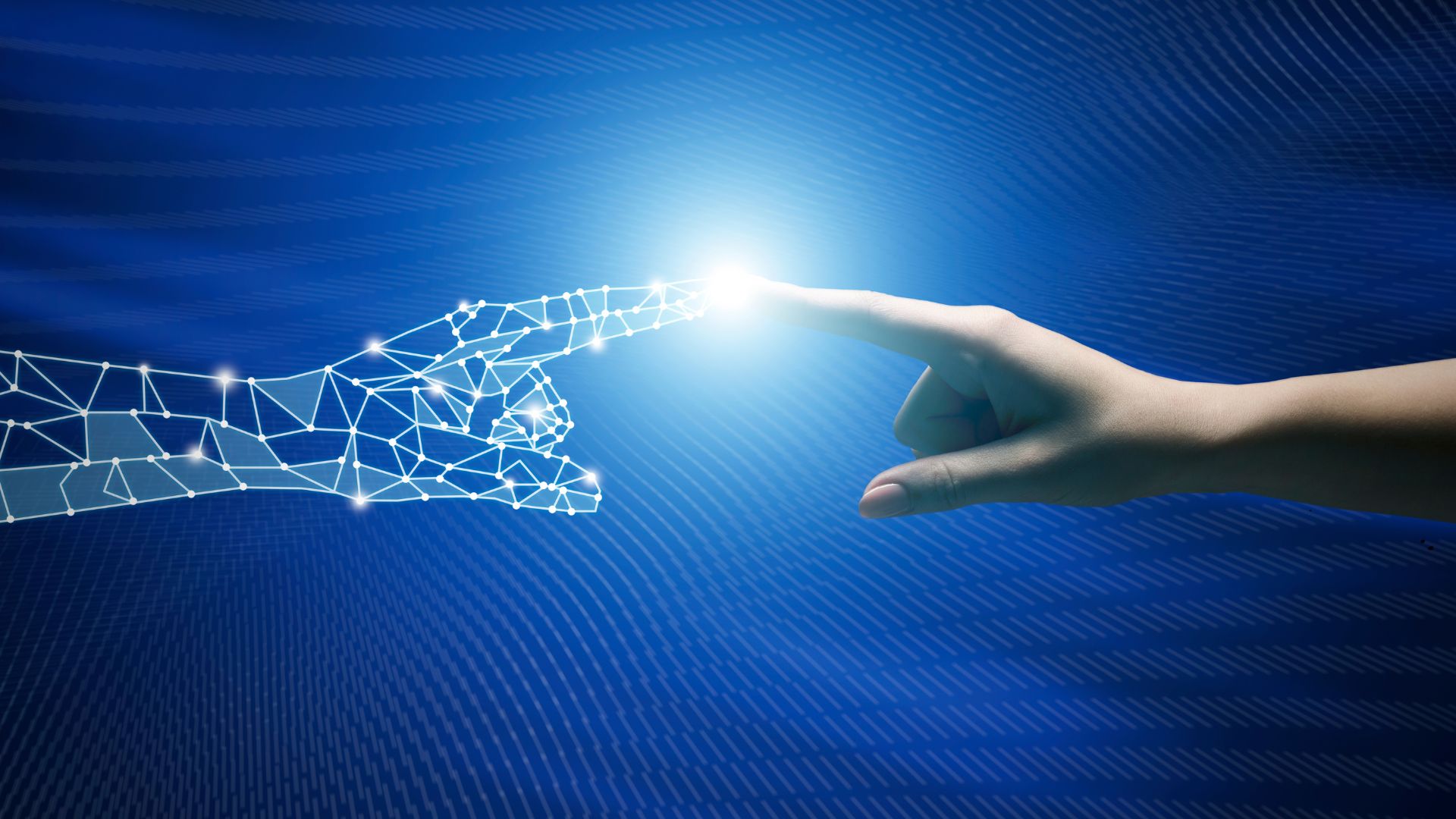In today’s technology-driven world, businesses are constantly seeking ways to enhance efficiency, reduce costs, and stay competitive. Two key technologies that are often mentioned in these discussions are Artificial Intelligence (AI) and Automation. Especially with AI becoming the buzzword today, there may be a tendency to broad brush a lot of features under AI when they rightfully are automation. While both technologies share the common goal of improving operational efficiency, AI and Automation are distinct in their functionalities and applications. Understanding the critical differences between them is essential for businesses looking to leverage these technologies effectively, as well as understand what their technology vendors are bringing to the table.
What is Automation?
Automation refers to the use of technology to perform tasks with minimal human intervention. It involves implementing systems, software, and machinery to carry out repetitive processes consistently and accurately. Automation is rule-based and follows predefined instructions to achieve specific outcomes.
Key Characteristics of Automation:
- Efficiency: Automation significantly increases the speed of task execution, performing repetitive tasks much faster than humans.
- Accuracy: Automated systems reduce the likelihood of human error, ensuring consistent and precise results.
- Cost Savings: By minimizing the need for manual labor, automation can lead to substantial cost savings over time.
- Scalability: Automated processes can handle increased workloads without a proportional increase in resources.
- Reliability: Automated systems can operate continuously without fatigue, maintaining consistent performance levels.
Examples of Automation:
- Industrial Automation: Robots on assembly lines performing tasks like welding, painting, and assembly.
- Office Automation: Software that automates tasks such as data entry, email management, and document processing.
- IT Automation: Automated backups, software updates, and system monitoring.
Automation is particularly valuable in environments where tasks are predictable and repetitive. By automating these processes, businesses can achieve greater consistency and efficiency, freeing up human resources for more strategic and creative endeavors.
What is Artificial Intelligence?
Artificial Intelligence (AI) involves creating systems that can perform tasks typically requiring human intelligence. AI systems learn from data, recognize patterns, and make decisions with minimal human intervention. Unlike automation, AI can adapt to new situations and improve over time through learning.
Key Characteristics of AI:
- Learning Ability: AI systems use machine learning algorithms to improve performance based on data.
- Adaptability: AI can adapt to new information and make decisions in dynamic environments.
- Problem Solving: AI can handle complex tasks such as natural language processing, image recognition, and predictive analytics.
- Autonomy: AI systems can operate independently, making decisions without human intervention.
Examples of AI:
- Customer Service: Chatbots and virtual assistants handling customer inquiries, esp. leveraging NLP
- Healthcare: AI-powered diagnostic tools and predictive analytics for patient care.
- Finance: AI algorithms for automated trading and fraud detection.
AI’s ability to learn and adapt makes it particularly useful in scenarios where data analysis and decision-making are critical. By leveraging AI, businesses can gain insights from large datasets, automate complex tasks, and improve overall decision-making processes.
Critical Differences Between AI and Automation
- Scope and Complexity:
- Automation: Focuses on automating repetitive tasks based on predefined rules. It is best suited for processes with predictable outcomes.
- AI: Handles complex tasks that require human-like intelligence and decision-making. It can adapt to new situations and learn from data.
- Flexibility and Adaptability:
- Automation: Limited to the rules and instructions programmed into it. It lacks the ability to adapt to new or unforeseen situations.
- AI: Highly adaptable and capable of learning from new data. AI systems can improve their performance over time and handle dynamic environments.
- Decision-Making Capability:
- Automation: Executes tasks based on predefined rules without making decisions. It follows a set of instructions to achieve specific outcomes.
- AI: Can make decisions and provide insights based on data analysis. AI systems can evaluate multiple factors and choose the best course of action.
- Learning and Improvement:
- Automation: Does not learn or improve over time. It remains consistent in its performance as long as the rules and instructions do not change.
- AI: Continuously learns and improves from data. AI systems use machine learning algorithms to enhance their performance and accuracy.
Leveraging AI and Automation for Your Business
Both AI and Automation offer significant benefits for businesses, but they serve different purposes. At a high level,
- Automation is deal for streamlining repetitive and rule-based tasks, reducing costs, and improving efficiency.
- AI is suitable for handling complex tasks, making data-driven decisions, and providing valuable insights.
By integrating both AI and Automation into your business processes, you can achieve a higher level of productivity, efficiency, and innovation. Automation can handle the repetitive and mundane tasks, freeing up your human resources to focus on strategic and creative activities. Meanwhile, AI can provide advanced analytics, predictive insights, and intelligent decision-making capabilities.
Conclusion
AI and Automation are powerful technologies that can transform the way businesses operate. While Automation excels at performing repetitive tasks with consistency and speed, AI brings adaptability, learning, and decision-making capabilities to the table. Understanding the critical differences between AI and Automation helps you make informed decisions about how to implement these technologies in your business. At Benchkart, we offer specialized services to help you navigate the complexities of AI and Automation, ensuring you harness their full potential to drive success. Post a project and experience a seamless journey from your goals to execution.
If you are a service provider and want to provide your AI or Automation services to clients globally, join our ever expanding network of quality IT companies today.

1 thought on “AI vs. Automation: Understanding the Critical Differences”
Comments are closed.